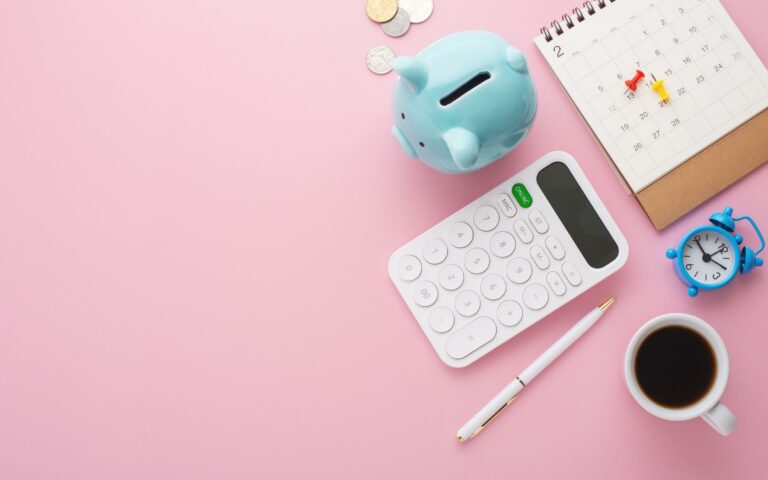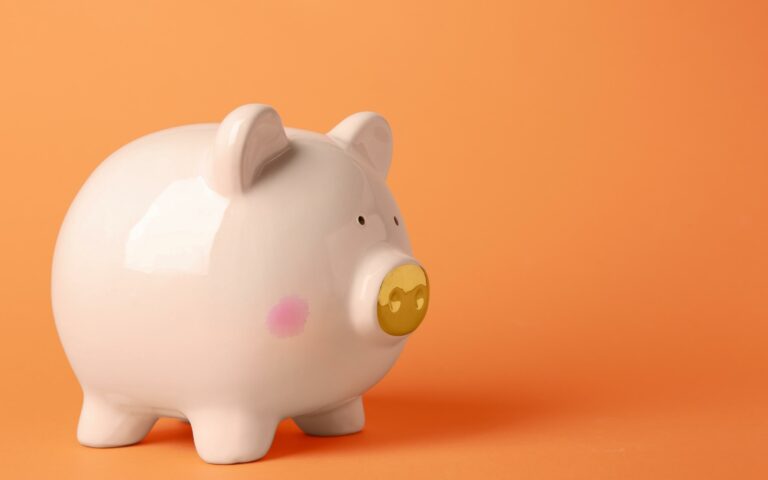Becoming financially independent for the first time can be an exciting but overwhelming time. Whether you’ve received your first pay cheque or student loan instalment, it can be tempting to spend it all at once. But in reality, you’ll need to dedicate a significant portion of your income to rent, food and bills.
After the essential costs have been paid, it’s important to devise a plan of how to utilise any spare money. Instead of impulse spending, you’ll thank yourself later for learning how to balance saving for your future with buying the occasional treat.
Learn how to budget
Being aware of your fundamental expenses is the first way to take control of your finances. This will help you avoid spending beyond your means and reach long-term goals.
To begin your financial plan, assess your monthly income. This is especially vital if you work freelance or rely on tips. If you earn more than expected or have a slow month, it could affect your budget for the following month.
Use a notebook, online spreadsheet or budgeting app to make a note of your monthly financial obligations and subtract this amount from your income.
This can include rent, bills, student loan payments and insurance premiums.
After factoring these vital payments into your budget, your next priority might be fixed-cost automated payments such as a Netflix subscription or gym membership.
When you begin the next month’s budget, consider what worked and what didn’t. You might decide to make adjustments as time goes on if your financial priorities change.








